Many c-store retailers rely heavily on their vans, but there are many key factors to consider when investing in a new set of wheels.
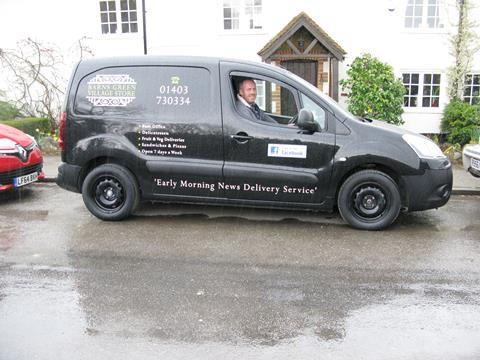
It’s no secret that there are big advantages for retailers who possess a van. But when it comes to investing in a new one, retailers can feel like they’re being driven around the bend comparing different attributes and finding the very best price.
“Different sizes of van can offer different advantages,” explains Sandy MacRitchie, marketing manager for Vauxhall Commercial Vehicles. “If you are doing a big weekly collection from a cash and carry then a large panel van such as the Iveco Daily or Vauxhall Movano gives you a huge load space and great payload. But if a store is having most of its stock delivered and is just using a van for occasional top-up shops, then a mid-size van such as VW Transporter or Vauxhall Vivaro, or even a compact van such as Vauxhall Combo or VW Caddy, might fit the bill. If you need to combine business use with family use, then a Crew Van which offers a second row of seats might come in really useful.”
Gary Pilsworth, of Great Offley Stores and Post Office, Hertfordshire, says: “I used to have a big estate car and go to the cash and carry two or three times a week, but I almost ran it into the ground so started looking at vans. After taking almost six months to compare models and sizes, along with making the decision to buy or to lease, I ended up buying a second-hand Vauxhall Vivaro. The Vivaro seemed to be the perfect size because my store is only 1,000sq ft and I only need to make two trips to the cash and carry a week. It makes my life much easier and I am now able to make fewer trips to the cash and carry and fill up even more.”
The Vivaro is so spacious that Gary can fit several chilled boxes inside, making it work for home deliveries, too. He adds: “The van is useful for making home deliveries to elderly or disabled customers who can’t get to our store regularly, while it also provides more space for other functions in my personal life such as taking my dog out.”
David Heritage, owner of Barns Green Village Store in West Sussex, says: “Owning a van is a big benefit, especially because vans are tax free to retailers. I’ve owned my Citroën Berlingo for 18 months, but have owned one type of van or another for the past eight years. The van is the right size for what I need and reasonably priced. I use it to collect fresh fruit and veg twice a week and for making home deliveries.”
David points out that as the van is branded it’s a good advert for the store when he is out delivering to customers.
Rav Garcha, owner of Nisa Local Broadway, Worcestershire, says: “I’ve owned a Mercedes Sprinter for seven years. It’s a massive benefit to the business to own a van and I’ve never had any problems with the Mercedes - it’s a really good van. It’s a suitable size for my requirements; you want to be able to make fewer visits to the cash and carry and fill up enough, but size isn’t everything because you want to be able to park it. I visit the cash and carry two to three times a week and visit one or two different cash and carries within 15 minutes’ drive away to compare prices. My van is very economic because every trip results in a full load of goods.”
Extra features
Some retailers might consider buying vans with additional features to make them better suit their purposes. Vauxhall’s MacRichie says: “If you are carrying chilled or frozen items then it’s well worth looking at a refrigerated van so that stock doesn’t get ruined.”
She urges retailers to consider payload as well as load capacity. “If you are loading up a lot of heavier items, bear in mind your van is only permitted to carry a certain fixed weight,” she points out.
The positioning and style of doors can also have an impact. “If you are loading or unloading at the kerbside, consider specifying a side-loading door or even twin side-loading doors. If you’re looking at a large panel van for use around town, note that front-wheel drive tends to offer a more convenient, lower loading height, whereas if you are visiting farms for pick-ups, rear-wheel drive can offer greater traction.
“Finally, bear in mind roof height. If you have occasional need to park in a multi-storey car park you will typically be limited to a low-roof, medium-size van such as Vauxhall Vivaro. Whatever you choose, ensure you get a van equipped with a full bulkhead for maximum safety and protection.”
Rav claims that the most important added feature on his van is the extra security. “I have an alarm system, a bar over the wheel when I am parked up and armour guards to cover the alloy wheels.
“I also have a boarded-up base in the van made of plywood to make the inside level and prevent stock from moving around.”
Whether it’s for numerous cash and carry runs, delivering your goods, or even the school run, there’s a van out there for you. Rav says: “My advice to retailers is to take the time to compare vans and see what’s out there and what payment method is most economic for you. And contact your symbol group and leasing agent to see what help and advice they can give you.”
Finance
The benefits of leasing
While many retailers own their vans, some opt to lease instead.
“Leasing is definitely becoming increasingly popular,” says Sandy MacRitchie, marketing manager for Vauxhall Commercial Vehicles. “There can be tax advantages - for instance, for VAT-registered businesses the VAT due on payments can be 100% reclaimable. Note there is typically a mileage cap, but most convenience retailers are unlikely to trigger that cap, unless they are also doing home deliveries. The big advantage of leasing is that you can budget monthly and can even include servicing and maintenance in the package price.”
Rav Garcha of Nisa Local Broadway, Worcestershire, opted for leasing. He says: “I decided to lease my Mercedes van because of the tax benefits, which meant I was able to spend more on stock and it really helped me out at the time. Eventually, I bought the van outright at the end of the lease.”















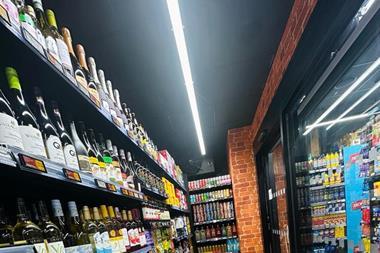
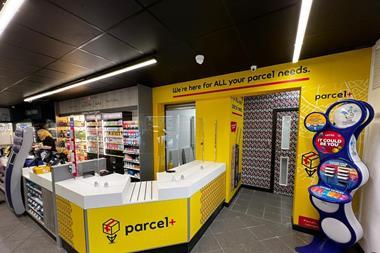

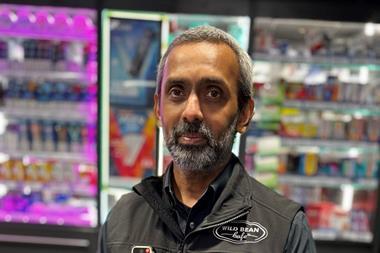
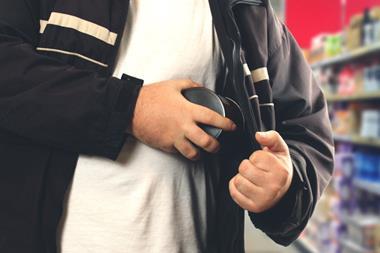
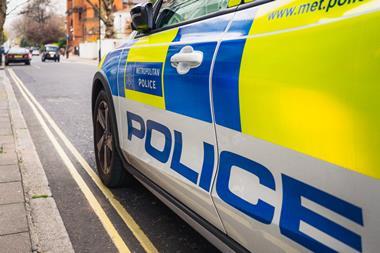
No comments yet